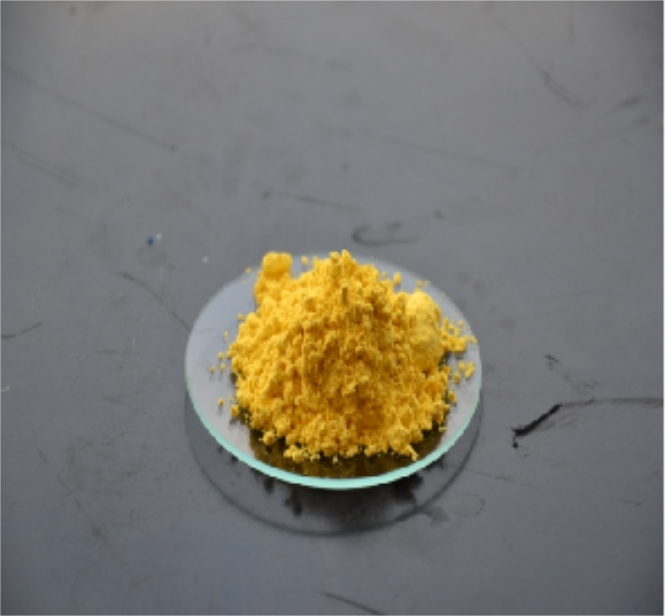
Ms. Sales
Leave a message
Ms. Sales
Leave a message
Previous: What To Know About Chromates
Next: About Barium Carbonate

Privacy statement: Your privacy is very important to Us. Our company promises not to disclose your personal information to any external company with out your explicit permission.

Fill in more information so that we can get in touch with you faster
Privacy statement: Your privacy is very important to Us. Our company promises not to disclose your personal information to any external company with out your explicit permission.